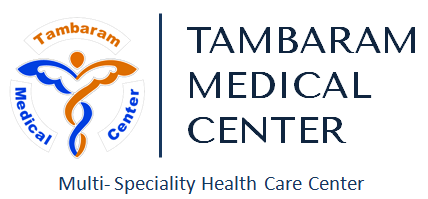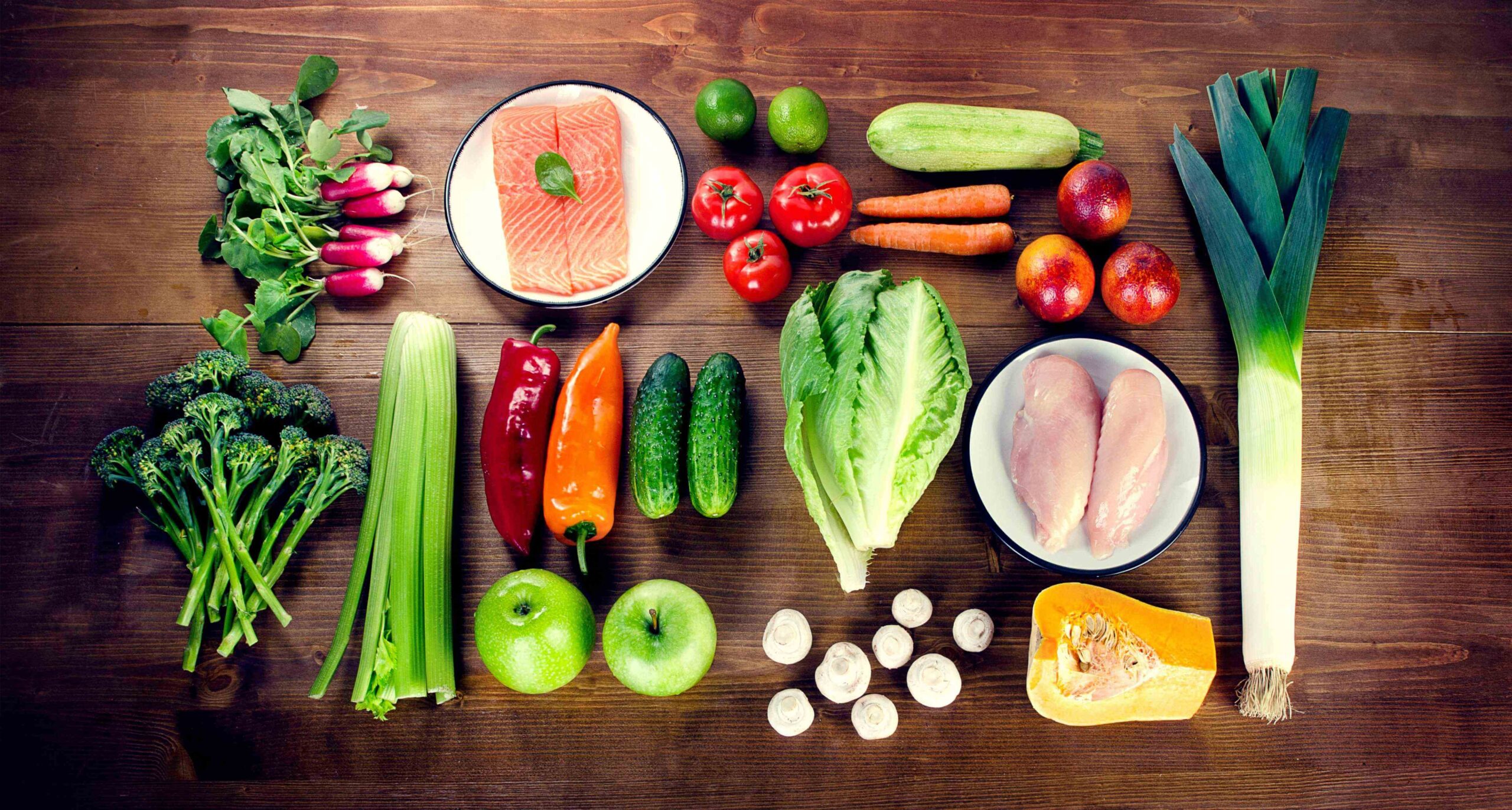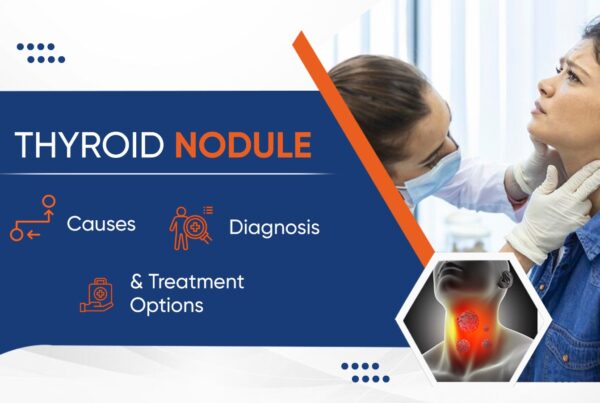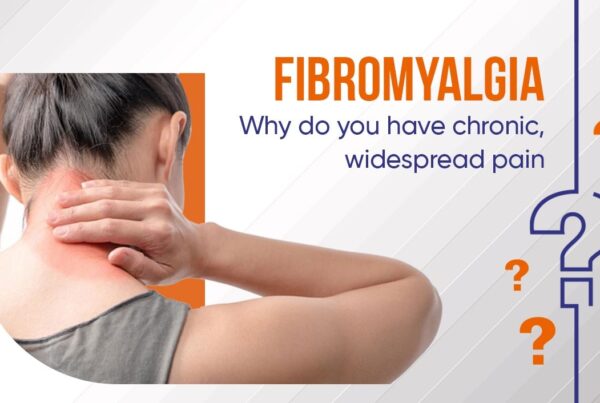Balanced diet
A balanced diet is a diet that contains differing kinds of foods in certain quantities and proportions so that the requirement for calories, proteins, minerals, vitamins, and alternative nutrients is adequate and a small provision is reserved for additional nutrients to endure the short length of leanness.
There are seven essential factors for a balanced diet: Carbs, Protein, Fat, Fibre, Vitamins, Minerals, and Water.
A balanced diet should offer around
- 60-70% of total calories from carbohydrates
- 10-12% from proteins
- 20-25% of total calories from fat.
The exact meaning of a balanced diet, however, is not very clear in everybody’s mind. A balanced diet is not like a crash diet as it allows you to eat everything that an average adult should, but in optimum proportions.
Table of Contents
4 Reasons for you to start a balanced diet right away
- The vitamins and minerals you consume from a wider range of foods help maintain your cells, tissues, and organs.
- A good diet keeps you fit, allows you to maintain a healthy weight, reduces the fat percentage in your body, and gives you energy.
- Proper nutrition leads to improved immunity, thus ensuring that you don’t fall sick too often.
- A well-balanced meal helps in improved brain functions and keeps your mind active.
HEALTH BENEFITS OF A BALANCED DIET
- Healthy eating in general increases energy and improves the function of your body, improves your immune system, and prevents you from weight gain. The other major benefits are:
- When your diet is balanced that meets your nutritional need. A varied, balanced diet provides the nutrients you require
- Feel energetic and manage your weight. A healthy diet will assist you to feel higher, provide you with more energy, and help you fight stress.
- Prevents and treats certain diseases. Eating healthy food can prevent the risk of developing certain diseases such as diabetes, cancer, and heart disease. It is also helpful in treating diabetes and high blood pressure.
- When a special diet is followed. It can reduce symptoms, and may help you better manage an illness or condition.
- Weight Loss. One of the main reasons people eat a healthy diet is to maintain a healthy weight or to lose weight
- Heart Health
- Strong bones and teeth
- Better mood and energy levels
- Improves memory and brain health
How to maintain your diet
Starting something is easy. Maintaining it over time and consistency is the most difficult task. But, here’s a quick checklist to help you continue with a healthy diet.
- Fix your mealtimes and make sure you stick to them. In generic, you should eat 3 major meals and 2 snacks in a day, with a 3-4 hour gap between each.
- Try to get the major nutrients from each meal. A snack with a protein-carb-vitamin balance is healthier
- Make sure you keep repeating to eat the processed, packaged food with fruits, nuts, and fresh food.
- Limit your fat intake to the percentage required. Also, watch your sugar and salt consumption.
- Include more protein than starch in your meals. Balance it out with vegetables and fruits.
- Make sure you use whole grains like millets, oats, brown rice, and similar cereals in your meal
- Be active- physically and mentally. Exercise helps break down the carbs and proteins so your muscles absorb the required nutrition.
- Have the necessary starch and healthy fats, so you don’t lose out on energy.
- Don’t forget your calcium and mineral intake. If your meals don’t suffice for the necessary amount, consider food supplements, after consulting your physician.
- Drink at least 2-3 liters of water daily. Water helps break down your food and detoxify your body, so the essential nutrients can work properly.
- Last but not the least, sleep well. A balanced diet will only be effective if your body gets the necessary exercise and rest. Your Basal Metabolic Rate (BMR) remains steady and food is best digested when you are sleeping.
How to Eat a Healthy Diet
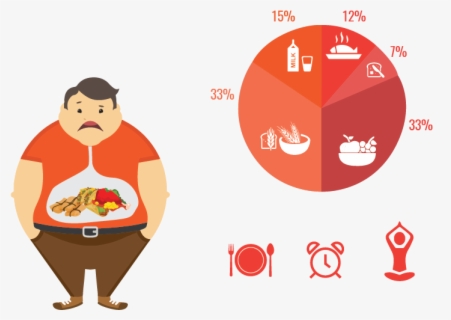 6 to 8 servings of grains – These include bread, cereal, rice, and pasta, and at least 3 servings should be from whole grains
6 to 8 servings of grains – These include bread, cereal, rice, and pasta, and at least 3 servings should be from whole grains
- 2 to 4 servings of fruits and 4 to 6 servings of vegetables – Most fruits and vegetables are naturally low in fat, making them a great addition to your healthy diet. Fruits and vegetables also provide the fiber, vitamins, and minerals you need for your body’s systems to function at peak performance. Fruits and vegetables also will add flavor to a healthy diet. It’s best to serve them fresh, steamed or cut up in salads.
- 2 to 3 servings of milk, yogurt, and cheese – Choose dairy products wisely. Go for fat-free or reduced-fat milk or cheeses. Substitute yogurt for sour cream in many recipes and no one will notice the difference.
- 2 to 3 servings of meat, poultry, fish, dry beans, eggs, and nuts – Some crossover foods such as dried beans, lentils, and peanut butter can provide protein without the animal fat and cholesterol you get from meats. A ¼ cup cooked beans or 1 tablespoon of peanut butter is equal to 1 ounce of lean meat.
- Use fats, oils, and sweets sparingly – No diet should totally eliminate any one food group, even fats, oils, and sweets. It’s fine to include them in your diet as long as it’s on occasion
